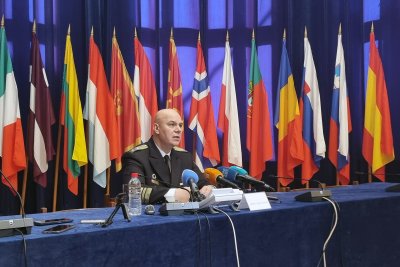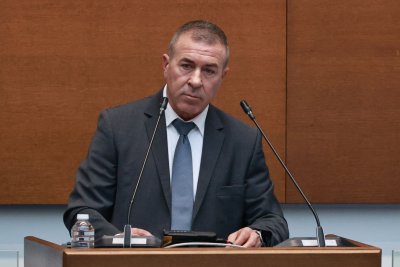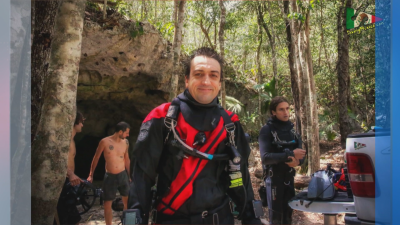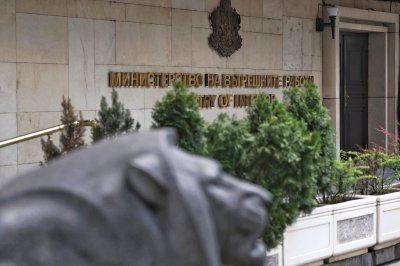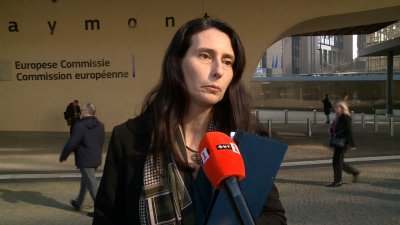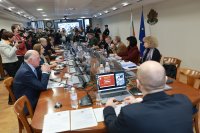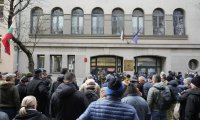Today, June 5, marks 35 years since the historic National Round Table of 1990, during which Bulgaria’s major political forces laid the foundation for the country's transition to democracy and for significant political and economic reforms in the years that followed. Participants in the landmark discussions gathered once again—this time to commemorate the pivotal event that led to Bulgaria's first free elections for the Grand National Assembly in June 1990 and the decision that the President of the country should be elected by Parliament.
A congratulatory address to the participants of the commemorative gathering was sent by the Speaker of the National Assembly, Natalia Kiselova.

The meeting took place in Hall 6 of the National Palace of Culture (NDK) in Sofia—the same hall where the original round table sessions unfolded over several months, from January 3 to June 14, 1990. These consultations involved representatives of the Bulgarian Communist Party (BCP), the Bulgarian Agrarian People's Union (BZNS), the Union of Democratic Forces (SDS), the Federation of Independent Student Societies, and the Bulgarian Democratic Youth (BDM), successor to the Communist Youth Union. They signed a number of critical documents, and the sessions were broadcast live on national television and radio—an unprecedented act of political transparency at the time.

Petko Simeonov, the most senior among the participants, recalled:
“It was the central event that shaped the content of the Constitution adopted a year later. The Round Table set the tone for political relations and paved the way for the formation of Dimitar Popov’s coalition government at the end of 1990.”

Many of the attendees described the Round Table as the true beginning of Bulgaria’s transition from a totalitarian regime to democratic governance—what was dubbed at the time the “Velvet Revolution” (or Gentle Revolution) in Eastern Europe.
Peter Beron - participant in the National Round Table in 1990: “Some people say that nothing has changed, but that’s simply not true. The goals we in the Union of Democratic Forces set—ending the one-party system, ensuring freedom of speech, of the press, of economic initiative, and of travel—these were the essentials, and we achieved them.”

Georgi Pirinski - participant in the National Round Table in 1990: “I believe the main achievement was the dialogue itself between people with different views—about the country’s identity and its future path. The Round Table fulfilled its mission by reaching agreements on how to hold the first multi-party elections, what kind of Parliament should be elected, and what its main task should be—namely, drafting a new Constitution.”

The participants stressed that many of the principles enshrined in those early agreements remain relevant today, particularly the importance of dialogue between political opponents. The gathering concluded with a moment of silence in memory of those who took part in the Round Table but are no longer with us.

photos by BTA







 Чуй новините
Чуй новините Подкаст
Подкаст

